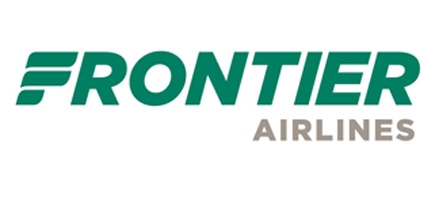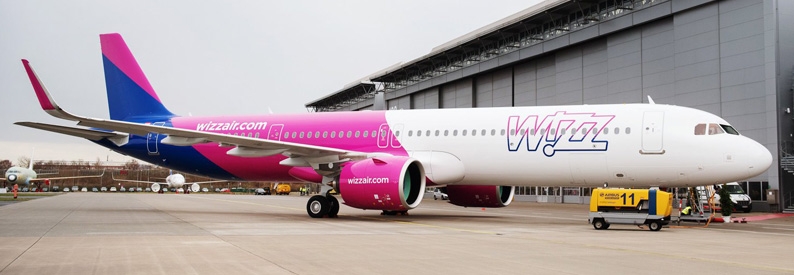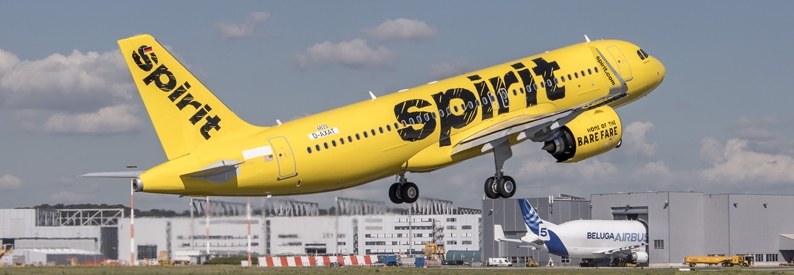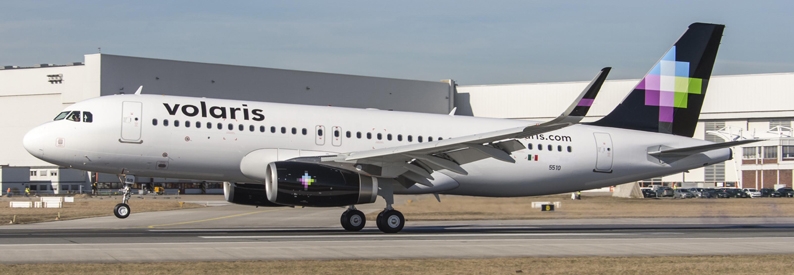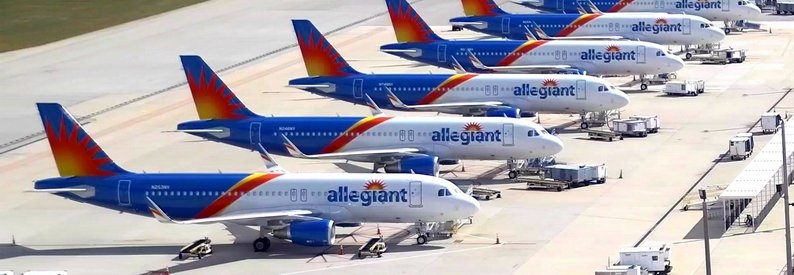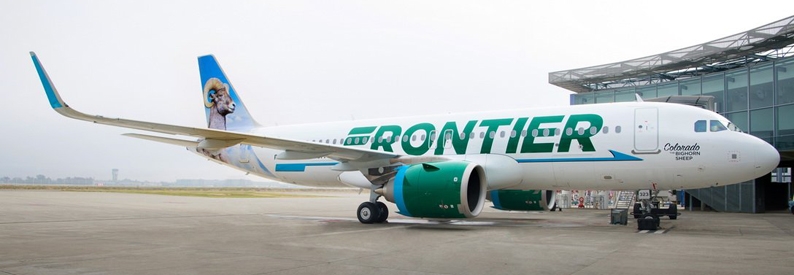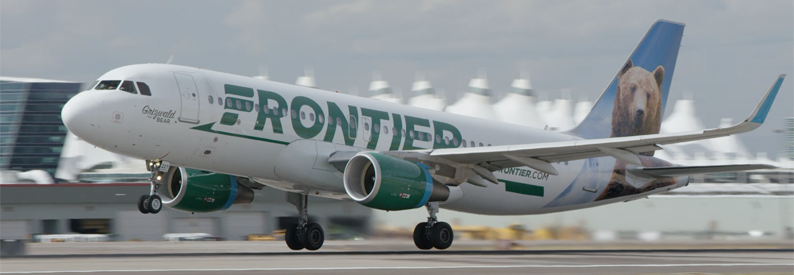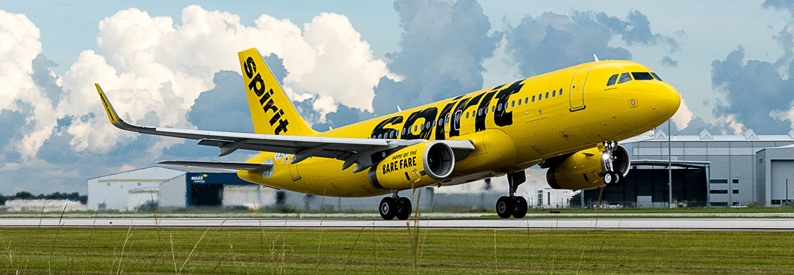Frontier Airlines (F9, Denver International) will focus its growth on “high fare” markets such as Seattle Tacoma International, Detroit Metropolitan and Indianapolis International, while reducing its footprint in leisure markets such as Las Vegas Harry Reid and Orlando International, the company’s chief executive Barry Biffle has told Reuters.
The US leisure-focused ultra-low-cost carrier will try to boost revenue by taking advantage of the growing demand for premium travel, adding more seats with extra legroom and business fares. It also aims to reduce capacity at Vegas and Orlando by 33% this summer season while raising it at airports where it faces less competition from other budget carriers. Frontier has failed to post a profit in three of the last four quarters, reporting a USD11 million net loss for 2023.
"When we look at our route profitability, we make the most money where we compete with legacies. Where we don't make money is where we compete with Southwest Airlines, JetBlue Airways, and Spirit Airlines,” Biffle said, adding that Frontier expects these changes to boost its pre-tax margins from 1% last year to between 10% and 14% in 2025.
The ch-aviation Commercial Aviation Operator Schedule Data module shows that Frontier Airlines’ top five airports are currently Denver International, Orlando, Las Vegas Harry Reid, Atlanta Hartsfield Jackson, and Philadelphia International with a combined 37.8% share of the carrier's capacity.
ch-aviation has reached out to Frontier Airlines for comment.
Unions are not happy with the changes, however. The Association of Flight Attendants (AFA) told Frontier in a letter seen by ch-aviation that it had filed notice of a dispute under the Railway Labor Act, which regulates labour relations in the airline industry, due to the “management’s plans for an overhaul of the airline’s business model.”
“Frontier Airlines’ management has announced it intends to shift to an entirely new business model,” it said. “This wholesale change in the business model would drastically impact the compensation, out-of-pocket costs, and working lives of flight attendants.”
The AFA urged Biffle and the carrier’s management to resolve these issues through direct negotiations and copied in the National Mediation Board in the letter, although it hoped this assistance would not be necessary.
- Type
- Base
- Aircraft
- Destinations
- Routes
- Daily Flights
